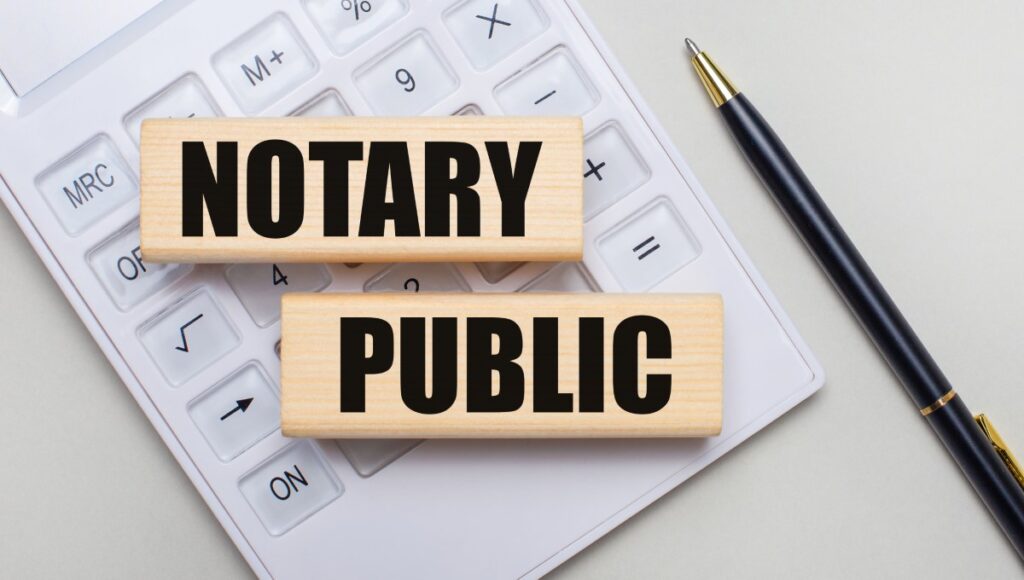What is a Notary Journal?
A notary journal is a place to keep a written record of each notarization you complete. It is one of, if not, the most important record-keeping documents in your notary business. It is currently only required by law in 16 states, but it is strongly recommended that regardless of your state’s laws related to journal keeping, you should diligently keep track of every notarial act you provide. If you practice in a state that requires a notary journal, you’ll want to make sure you understand the importance of how to complete the journal properly and in accordance with your state’s requirements.
Journal Ownership
Only one notary may use a journal. Notaries should never share journals. The journal is the sole property and responsibility of the notary it belongs to. If you became a notary while employed and your employer paid for your training and commission, you are still the sole owner of the notary journal and it must remain in your possession at all times. This is true even if your employment is terminated or you resign. The journal remains your possession and is to be taken with you when you leave. There are specific laws that employers must follow in order to obtain copies of your journal entries for business record purposes.

How to Complete Your Notary Journal
For most states, journal entry requirements include the date and time of the notarization, name and address of the signer, method of how the signer was identified, notary fee, and a signature recording by the signer. There are other sections in the journal such as witness information, signer’s telephone number, and thumbprint recording, however, not all states require that these sections be completed so be sure to check your specific state guidelines. All that said, you should require as much information as possible in your journal entries. It could potentially be very useful if you we were ever asked to provide specific information about a previous notarization.
As a general best practices, when completing your notary journal ask yourself, “who, what, where, how and why”. Who is the signer, what type of document was notarized, where is the document being notarized, how is the document being notarized, and based on your state requirements, why did the notarial act occur. This will really help to make sure you’ve covered all your bases.
Always remember that each notarization is recorded as a separate entry even if you’re notarizing for two people at the same time or notarizing multiple documents at the same time.
Choosing and Maintaining Your Journal
The best types of journals are well-bound booklets that are constructed in a way to prevent tampering. Pages should be numbered. Spiral notebooks where pages can be easily removed are not appropriate. Notaries should write their name, address, email and phone number on the inside covers of their journal.
In the unlikely (and very unfortunate event) that you lose your journal and cannot retrieve it after all reasonable attempts have been made, you are required to notify your Secretary of State’s office. Different states will have varying methods of next steps after you make the report of a lost journal.
Some very diligent notaries chose to make a copy of their journal and store it in a secure and locked place. While this is not necessary, it certainly is an excellent idea. It is just very important that the copy is stored in a very secure place.
When your journal is not being used, it should be stored in a secure place. And on a slightly morbid note…in the event of death, it is important that a family member knows to contact the Secretary of State for handling instructions. Most states ask that the journal be sent to the Secretary of State’s office.
When you fully complete a journal, you should record the start and end dates of the entries somewhere on the journal for later reference and then store it in a secure and locked place.
Below are a few resources to purchase your new or next notary journal. Here are some choices from National Notary and below is my personal favorite from Amazon.
Do I Really Need a Journal?
YES! You really need a journal. A journal provides a record of every notarization you’ve ever completed. Having an accurate journal protects you as a notary. It also acts as a fraud deterrent for your signers. Make a habit of completing your journal entry at the beginning of every notarization. There are many examples of notaries who have been called into court or contacted by law enforcement regarding a previous notarization, and I think it’s safe to assume they were very glad they had their trusty notary journal on hand!

Kim Jones
Notary Roc City Notary Services
Kim Jones is a veteran mobile Notary and Notary Signing Agent with over 15 years of experience. Kim is the Owner and Operator of Roc City Notary Services in upstate NY.
Notary Jane: Kim Jones
Instagram: @roccitynotary
Website: RocCityNotary.com

